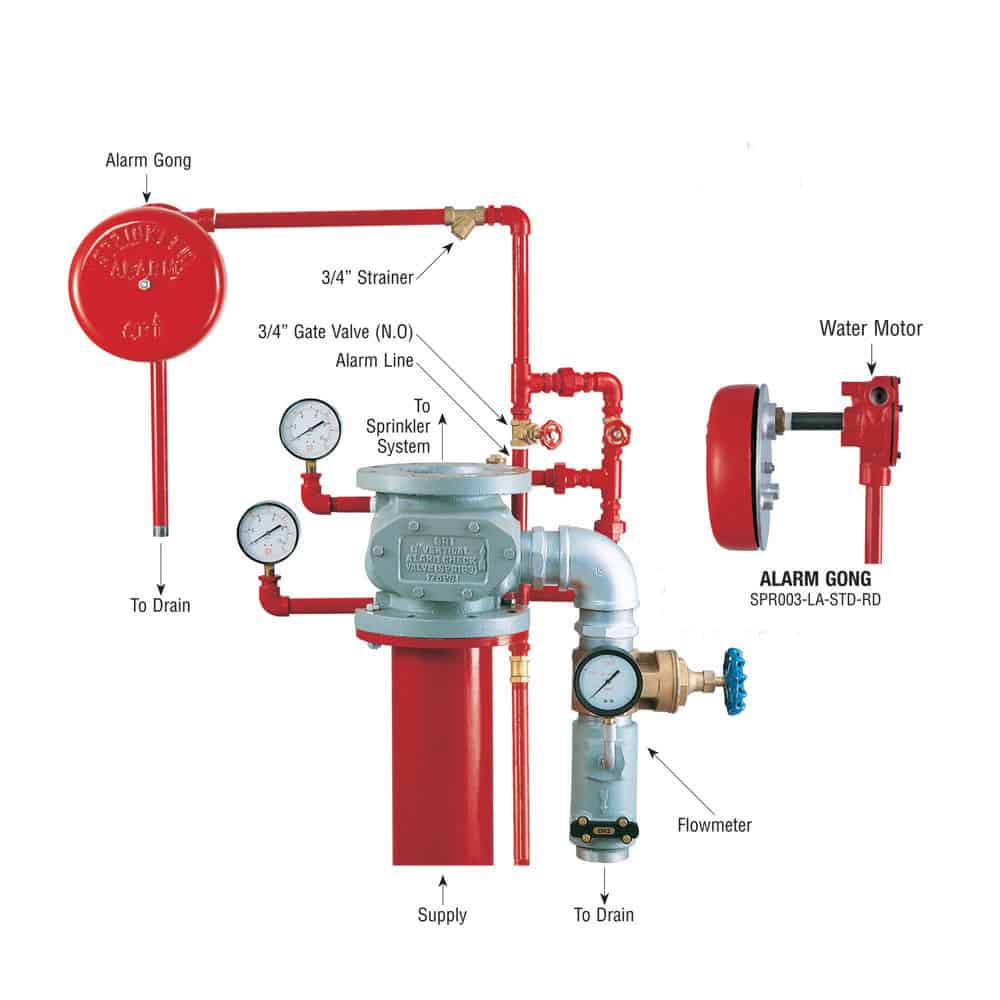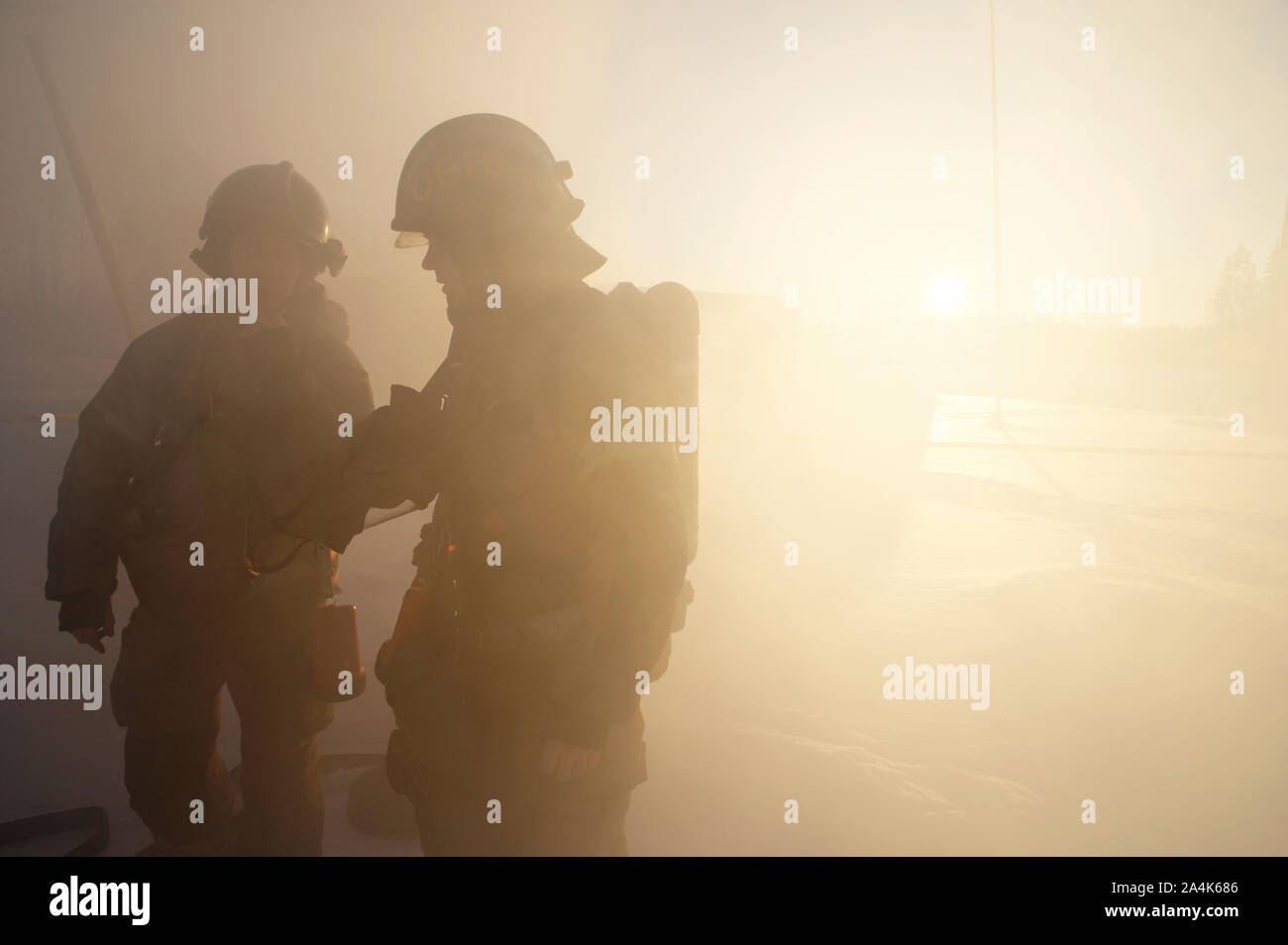How Fire Safety Solutions and Fire Brigade Training Work Together
How Fire Safety Solutions and Fire Brigade Training Work Together
Blog Article
Safety from fire hazards relies on robust systems and skilled individuals. Automatic fire suppression technologies and emergency response drills form the foundation for responding to fire incidents.
The primary role of sprinklers is to suppress flames quickly, emergency responders address broader challenges. Together, this synergy offers unmatched fire management capabilities.
The Basics of Sprinkler Systems
Automatic fire suppression setups act to extinguish flames. Activated by heat sensors, they direct water to where it’s needed most.

Major strengths to install sprinkler systems include:
- Rapid fire control: Stops flames quickly.
- Self-activating systems: Works independently.
- Zone-specific control: Focuses on the fire-affected area.
The Role of Fire Brigade Training in Fire Safety
Fire emergency drills trains personnel to manage fire incidents. Even with top-tier suppression tools, well-prepared teams are necessary.

Fire team exercises focus on the following areas:
- Risk mitigation techniques: Spotting dangers early.
- Practicing exit drills: Developing clear plans.
- Hands-on firefighting skills: Gaining experience with tools.
Quais são os tipos de sprinklers?
The Importance of Combining Systems and Training
Fire suppression setups and team training create a balanced safety strategy. Automatic systems handle the initial suppression, trained teams step in for complex situations.

This collaboration strengthens overall safety for residential buildings, commercial spaces, and industrial sites.
Why Both Sprinklers and Training Are Essential
A robust defense against fire hazards relies on both systems and responders. Sprinkler systems offer automated responses, while emergency drills ensures human readiness.
Build a safer future by acting today by organizing preparedness drills. Safety starts with preparation and technology!
Report this page